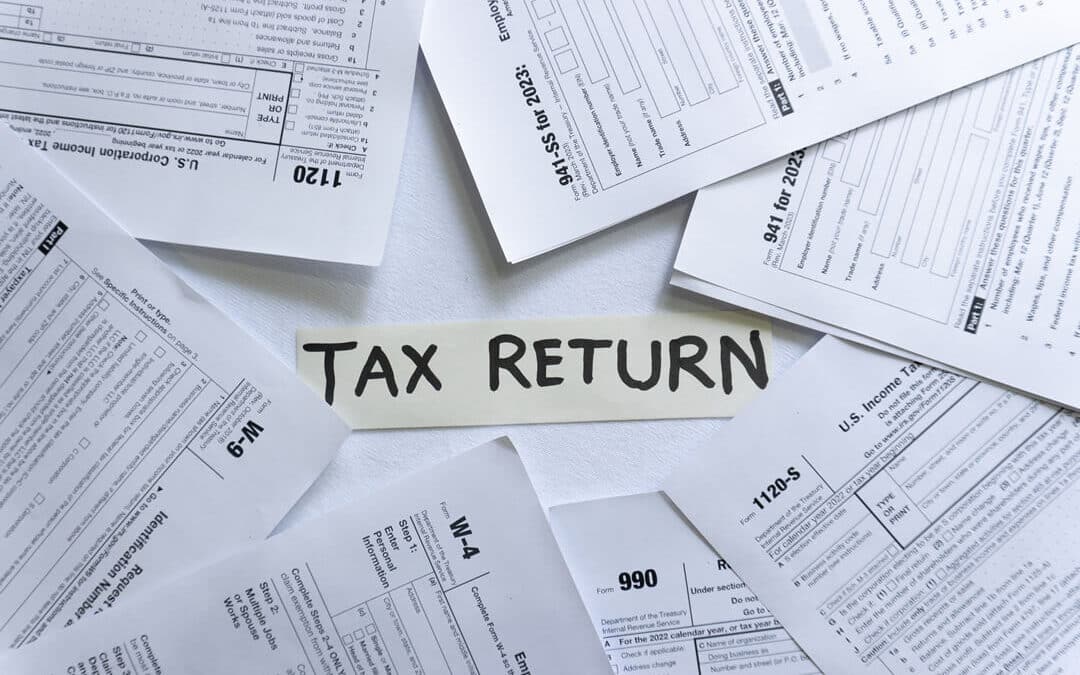Filing for bankruptcy can be a daunting and often distressing process for individuals facing overwhelming debt. Bankruptcy is a legal procedure designed to provide relief to those who find themselves unable to meet their financial obligations. However, what many may not realize is the critical role tax returns play in this process. In this blog post, we’ll delve into why tax returns are essential documents when filing for bankruptcy.
Understanding Bankruptcy
In bankruptcy, an individual find themselves unable to repay debts owed to creditors under the existing contractual terms. It is available for those unable to find other solutions to their financial problems. Bankruptcy laws generally aim to provide debtors with a fresh start while ensuring fair treatment for creditors.
Why Tax Returns Matter
Tax returns are a fundamental component of bankruptcy filings for several reasons:
- Income Verification: When you file for bankruptcy, you must provide certain financial information pertaining to your income. Tax returns serve as a primary source of income verification for the bankruptcy court. They provide concrete evidence of your earnings over a specific period, offering a clear picture of your financial situation.
- Means Test: In some bankruptcy cases, such as Chapter 7 bankruptcy in the United States, debtors must pass a means test to qualify. This test compares your income to the median income in your state or region. Tax returns are crucial for accurately determining your average income over the preceding months or years, which is essential for the means test calculation.
- Asset Assessment: In bankruptcy proceedings, your assets and liabilities are thoroughly examined to determine how they will be managed or distributed. Tax returns help assess your financial standing by providing insights into your assets, deductions, and financial transactions. This information is vital for the bankruptcy trustee overseeing your case.
- Creditor Evaluation: Your tax returns also offer valuable insights to creditors and the bankruptcy court regarding your financial history. The tax returns provide transparency and help establish credibility in disclosing your financial affairs.
- The Law Requires Filing: Last but not least, the bankruptcy law requires that you file all tax returns.
Consequences of Failing to File Tax Returns
Failure to file tax returns can have serious implications when filing for bankruptcy:
- Dismissal of Bankruptcy Petition: Bankruptcy courts may dismiss your petition if you fail to provide accurate and complete financial information, including tax returns. Without this crucial documentation, the court may deem your bankruptcy filing incomplete.
- Potential Legal Consequences: Intentionally failing to file tax returns can lead to legal repercussions beyond bankruptcy. It may result in fines, penalties, and even criminal charges, depending on the severity and circumstances of the non-compliance.
- Loss of Bankruptcy Protections: Filing for bankruptcy offers various protections, such as an automatic stay on creditor actions and the potential discharge of certain debts. However, failure to comply with filing requirements, including tax returns, may jeopardize these protections, leaving you vulnerable to creditor actions.
Conclusion
In summary, tax returns are indispensable documents when filing for bankruptcy. They provide essential financial information necessary for income verification, means testing, asset assessment, and creditor evaluation. Failing to file tax returns can not only impede the bankruptcy process but also lead to legal consequences and loss of vital bankruptcy protections. Consulting with a qualified bankruptcy attorney can help navigate the complexities of bankruptcy proceedings and ensure full compliance with legal requirements. Remember, transparency and accuracy are key to a successful bankruptcy filing and achieving a fresh start towards financial stability. Contact us today for a free evaluation and let us see if our attorneys can help you get a financial fresh start.

